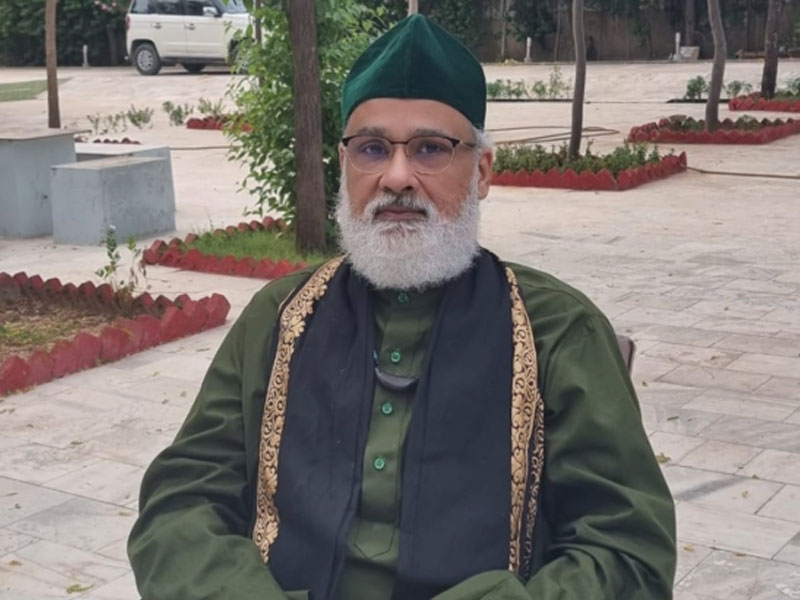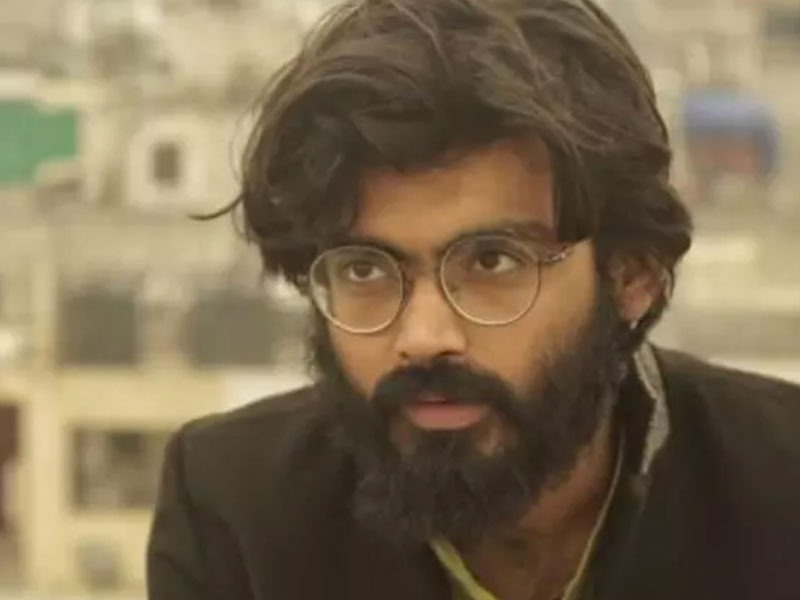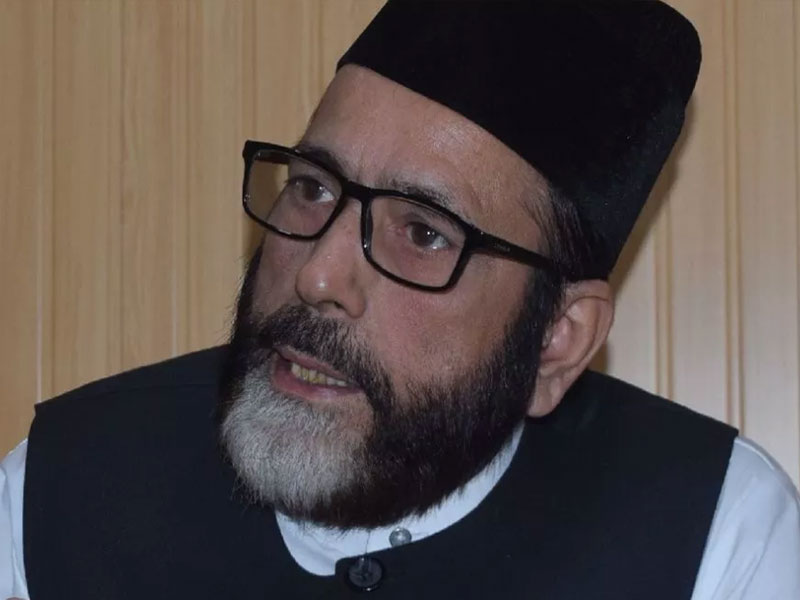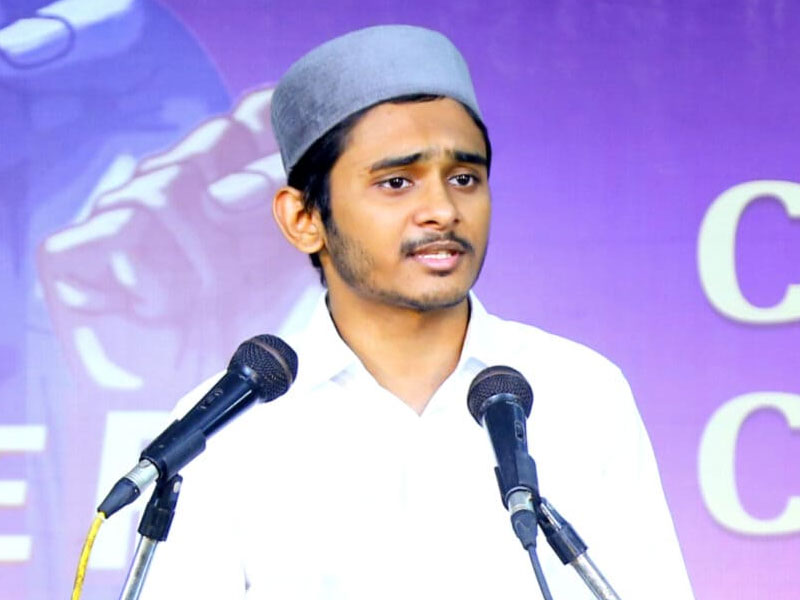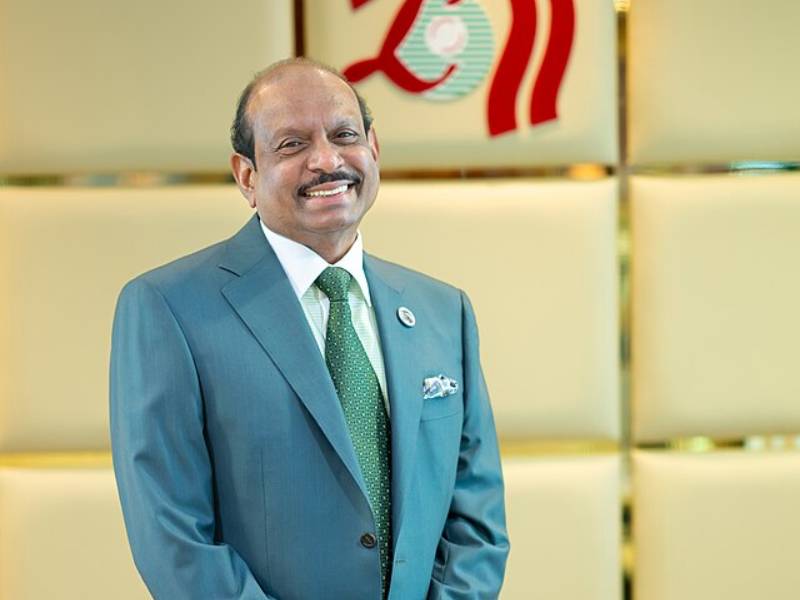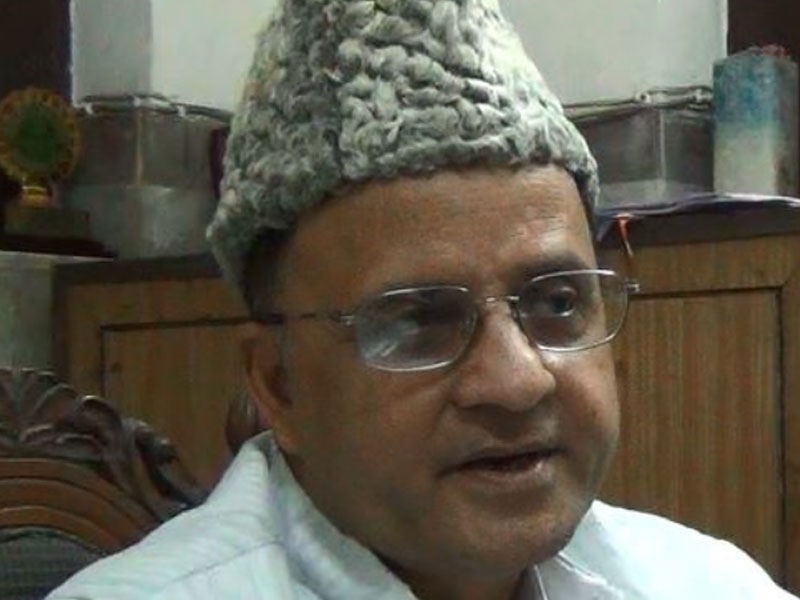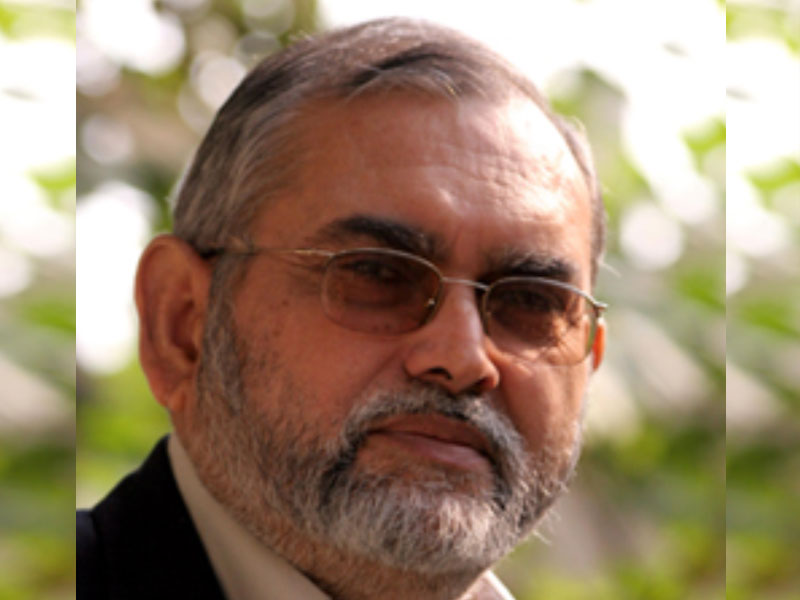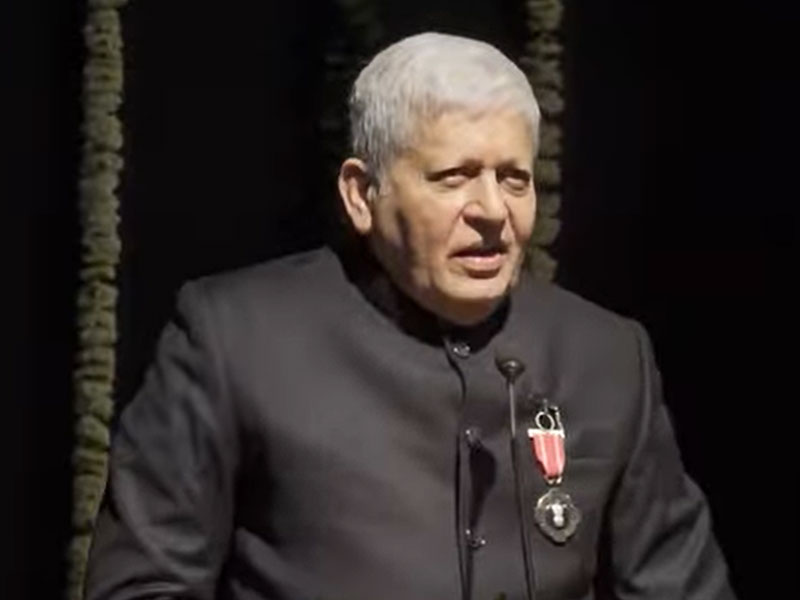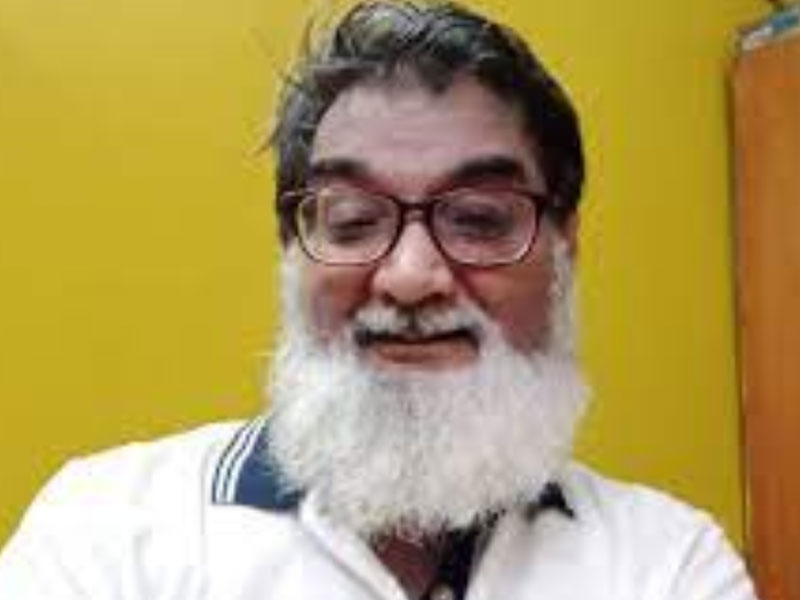Shah Rukh Khan (1965) fondly known as SRK, is one of the most celebrated actors in Indian cinema and a global cultural icon. Born in New Delhi, he rose from modest beginnings to become the universally acclaimed “King of Bollywood,” with a prolific career spanning over three decades.
SRK’s journey began on television with memorable roles in Fauji (1989) and Circus (1989). His Bollywood debut in Deewana (1992) marked the beginning of an extraordinary rise. Known for his remarkable versatility, he gained early recognition for portraying anti-hero characters in films such as Darr (1993) and Baazigar (1993). Soon after, he redefined romance in Indian cinema with iconic performances in Dilwale Dulhania Le Jayenge (1995), Kuch Kuch Hota Hai (1998), and Kabhi Khushi Kabhie Gham (2001), cementing his status as the ultimate romantic hero.
Over the years, Shah Rukh delivered critically acclaimed performances in diverse roles—whether as a determined coach in Chak De! India (2007), a man with Asperger's syndrome confronting global prejudice in My Name Is Khan (2010), or a charismatic gangster in Raees (2017). His unmatched ability to connect emotionally with audiences has earned him an enormous global fan base, making him one of the most recognizable faces in world entertainment.
Beyond acting, SRK is an accomplished entrepreneur. He heads the film production company Red Chillies Entertainment and co-owns the IPL team Kolkata Knight Riders. His philanthropic contributions—especially in healthcare, child welfare, and education—have been widely recognized, earning him honors such as the UNESCO Pyramide con Marni award.
A recipient of numerous accolades, including 14 Filmfare Awards and the Padma Shri, Shah Rukh has also been honored internationally, notably with France’s Legion of Honour.
With his wit, humility, and enduring charisma, Shah Rukh Khan remains more than an actor—he is a symbol of aspiration, resilience, and the transformative power of dreams.

